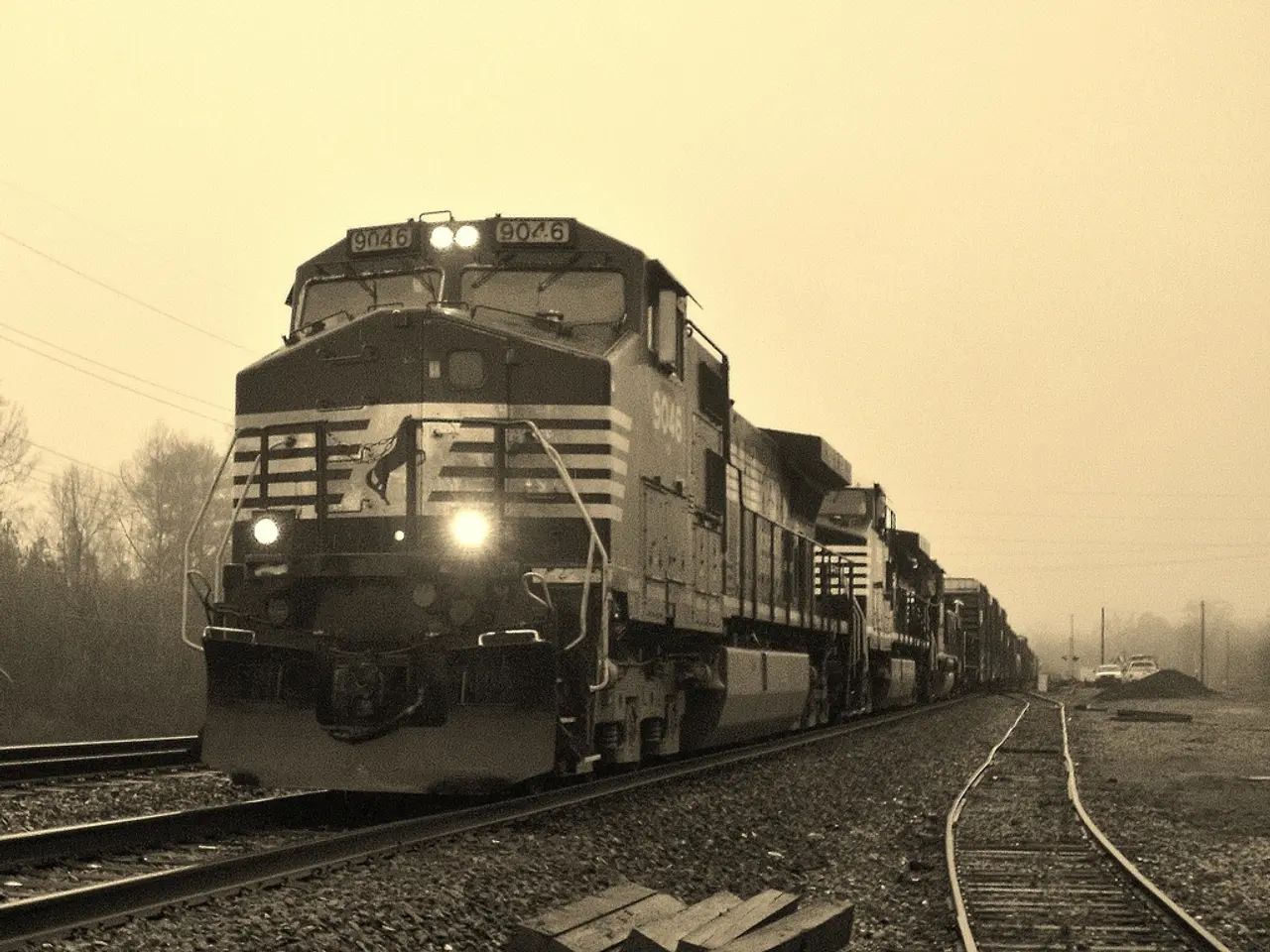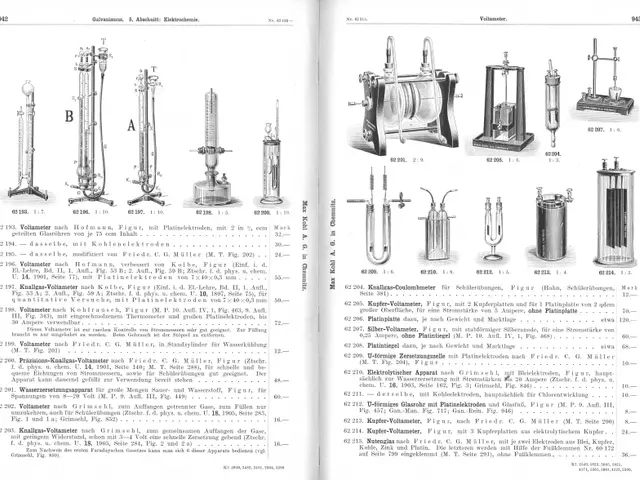Agency Chief Expects Mood Shift in Economy - Germany's Coalition Government Approves 2026 Labor Market Reforms
Germany's coalition government, led by Chancellor Friedrich Merz (CDU/SPD), has approved reforms expected to significantly impact stock market sentiment in 2026. Markus Biercher, head of the Federal Employment Agency's North Regional Directorate, anticipates a positive shift starting in the spring.
The reforms aim to tackle labor and skills shortages, driven primarily by Germany's aging population. Policymakers are now focusing on managed immigration and better integration of existing residents, including refugees, to address these issues.
Northern Germany's transport infrastructure, particularly in Schleswig-Holstein, is in dire need of investment. Reliable public transit options are crucial to attract and retain skilled workers in the region. The government's public investments are predicted to boost confidence in the German stock market, followed by increased private investment.
The stock market is also being influenced by global crises, such as Russia's war in Ukraine. Despite current low business confidence, a turning point is expected in 2026, thanks to the recent reforms.
The center-left coalition government's reforms, set to take effect in 2026, promise to significantly improve stock market sentiment. These changes, coupled with increased public and private investment, aim to bolster the German stock market and address critical labor and skills shortages.
Read also:
- India's Agriculture Minister Reviews Sector Progress Amid Heavy Rains, Crop Areas Up
- Over 1.7M in Baden-Württemberg at Poverty Risk, Emmendingen's Housing Crisis Urgent
- Life Expectancy Soars, But Youth Suicide and Substance Abuse Pose Concern
- Cyprus, Kuwait Strengthen Strategic Partnership with Upcoming Ministerial Meeting







